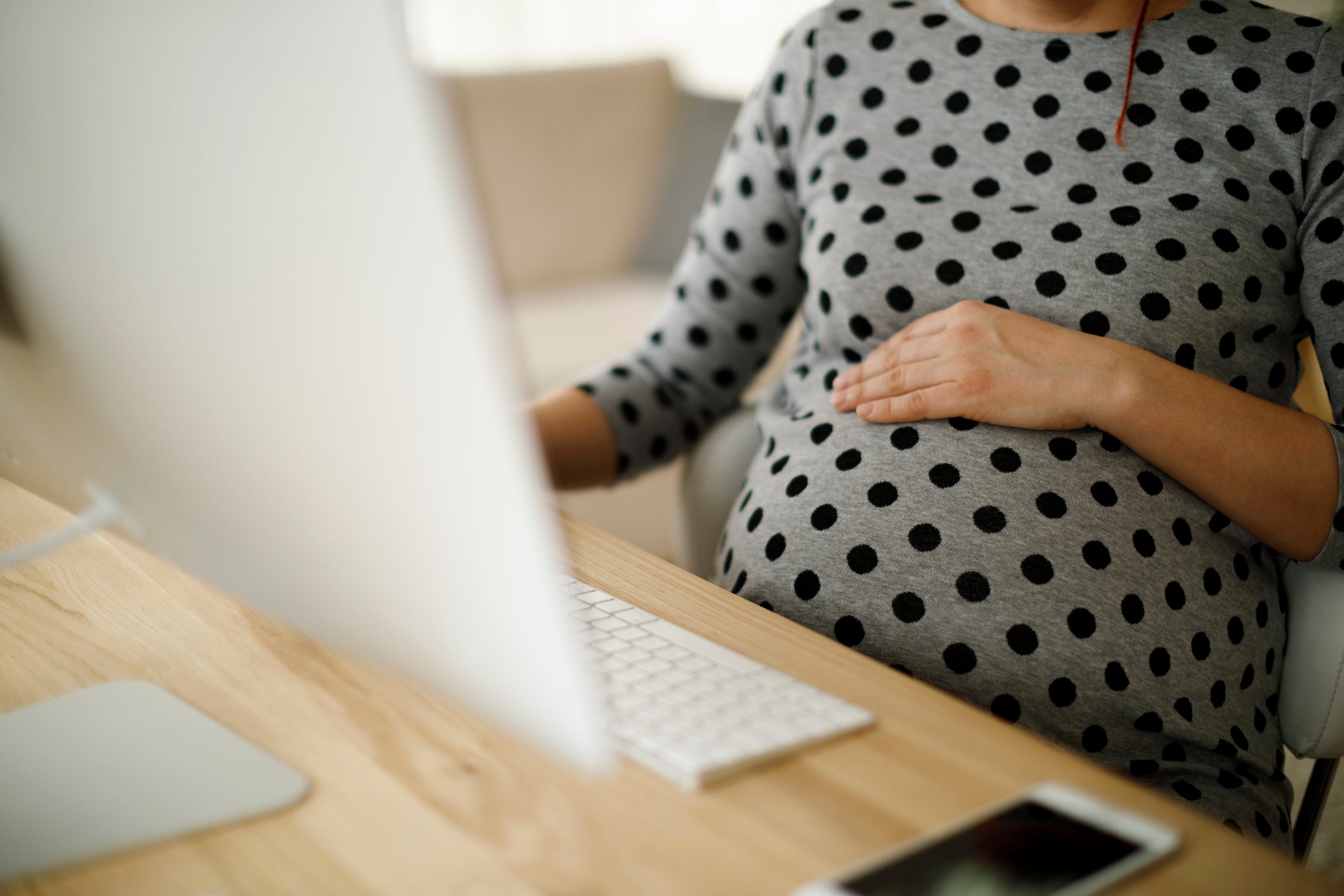Call to end ‘motherhood penalty’ as women report slower careers returning to work after parental leave
New polling for Fawcett Society underscores post-parental leave disparities between mothers and fathers
Your support helps us to tell the story
From reproductive rights to climate change to Big Tech, The Independent is on the ground when the story is developing. Whether it's investigating the financials of Elon Musk's pro-Trump PAC or producing our latest documentary, 'The A Word', which shines a light on the American women fighting for reproductive rights, we know how important it is to parse out the facts from the messaging.
At such a critical moment in US history, we need reporters on the ground. Your donation allows us to keep sending journalists to speak to both sides of the story.
The Independent is trusted by Americans across the entire political spectrum. And unlike many other quality news outlets, we choose not to lock Americans out of our reporting and analysis with paywalls. We believe quality journalism should be available to everyone, paid for by those who can afford it.
Your support makes all the difference.The government and businesses must prioritise ending the “motherhood gap”, experts have urged, as new polling suggests that over a quarter of working mothers believe their career progression slowed after taking parental leave.
The research, commissioned by the Fawcett Society, underscores large disparities between mothers and fathers in their perception of how taking parental leave has impacted them in the workplace.
Some 27 per cent of working mothers said their career progression had slowed as a result, compared to 21 per cent of working fathers, according to the Opinium survey of 3,000 working parents with at least one child under the age of four.
While the pollsters found that an overwhelming majority of parents (78 per cent) faced challenges when returning to work, this was the case for 84 per cent of mothers compared with 74 per cent of fathers.
“The Fawcett Society believes in workplaces that support all women returning to work by providing the appropriate steps to ensure equal opportunities are offered while their flexible needs are met,” said the equality charity’s chief executive Jemima Olchawski.
“We call on businesses and government to prioritise ending the motherhood penalty by properly supporting returning mothers to balance their work and caring responsibilities.”
The top concerns among those polled included feeling guilty or anxious about leaving their child with childcare (45 per cent), balancing work and childcare responsibilities (39 per cent), and the affordability of childcare (35 per cent).
More than four in 10 women said they felt isolated and disconnected from colleagues upon returning from parental leave, rising to 60 per cent among single mothers. This compared with just 28 per cent of working fathers.

Nearly a third of mothers reported having no support when transitioning back to work, rising to 42 per cent for those who took 26-52 weeks of maternity leave. Only 31 per cent have access to flexible work arrangements, despite this being top of the list of the support they’d find the most useful.
Many mothers also reported encountering unhelpful perceptions and adjustments from their employers and colleagues upon their return. Eighteen per cent said they had been made to feel they weren’t working hard enough and 15 per cent felt excluded from work social events, compared with 12 and 10 per cent of fathers respectively.
More than a third of women surveyed said they lost confidence in their skills and abilities after returning to work – almost half of whom said this was because the balancing act of juggling work and parenting commitments undermined their confidence.
However, 44 per cent of mothers surveyed also said they felt more ambitious upon their return to work.
Jane Lorigan, chief executive at Totaljobs, which jointly commissioned the research, said: “Working mothers are an invaluable part of our workforce and economy, and they should be celebrated and supported, not marginalised or excluded.
“We urge employers to take this issue seriously and implement policies and practices that foster a culture of inclusion, respect, and flexibility for working mothers and all employees. This will not only benefit individuals, but also organisations and society as a whole.”

Join our commenting forum
Join thought-provoking conversations, follow other Independent readers and see their replies
Comments